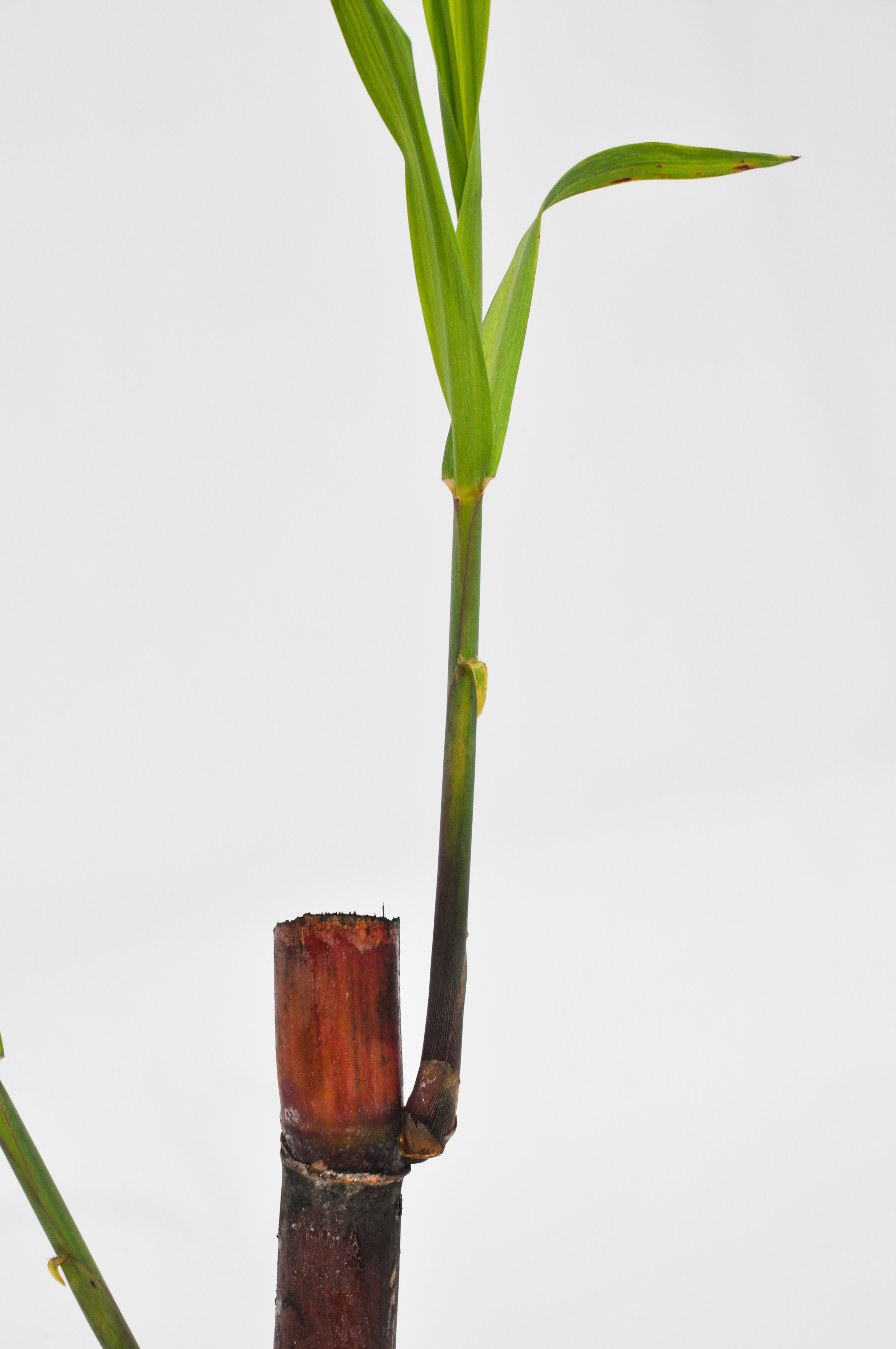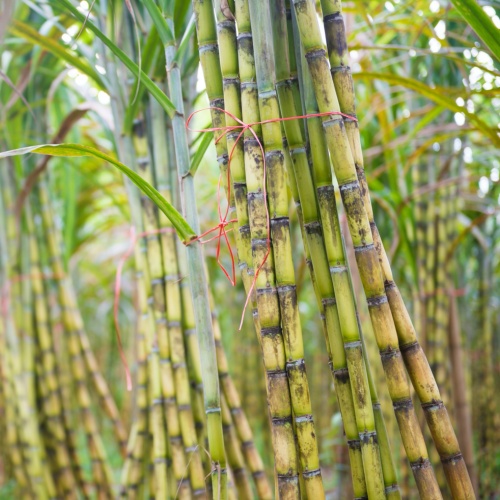A Closer Look at Sugar and Cane in the Global Food Industry
A Closer Look at Sugar and Cane in the Global Food Industry
Blog Article
Why Walking Cane Sugar Processing Chemicals Are Critical for Modern Sugar Refining
The duty of walking cane sugar processing chemicals in modern sugar refining can not be overstated, as they are integral to improving both the efficiency of removal and the total quality of the final item. Agents such as phosphoric acid and details flocculants are employed to remove pollutants, leading to sugar that not only fulfills customer assumptions yet likewise follows sector standards. Nonetheless, the implications of these chemicals prolong beyond top quality, touching upon market dynamics and environmental factors to consider. This raises crucial inquiries concerning the sustainability of such methods and their influence on the future of sugar production.
Function of Handling Chemicals
The efficacy of walking cane sugar handling pivots dramatically on the calculated application of handling chemicals. These chemicals play an essential duty in enhancing the efficiency and quality of sugar extraction and refining. From the preliminary phases of juice extraction to the final purification steps, handling chemicals facilitate various important operations.
In the removal stage, chemicals such as phosphoric acid and calcium hydroxide are employed to optimize the clarification process, aiding to eliminate impurities and suspended solids from the walking stick juice. This not only improves the return yet additionally makes sure the quality of the final product. Additionally, representatives like flocculants aid in the quick settling of contaminations, thereby enhancing the overall process.
Turned on carbon and ion exchange materials serve to get rid of color and smell, guaranteeing that the polished sugar satisfies consumer top quality standards. Thus, the meticulous selection and application of these chemicals are essential for achieving optimum end results in walking stick sugar handling.
Secret Sorts Of Chemicals
Cane sugar processing relies upon a variety of vital chemicals that assist in each phase of manufacturing. These chemicals play essential duties in clarifying, bleaching, and purifying the sugar removed from walking cane.
One key classification of chemicals consists of flocculants, such as polyacrylamide, which aid in the information process by promoting the aggregation and settling of impurities. In addition, calcium hydroxide is typically used to neutralize acidity and aid in the removal of non-sugar parts.
Lightening representatives, such as turned on carbon and sulfur dioxide, are utilized to decolorize the syrup, resulting in a clearer end product. These chemicals aid remove color compounds that may affect the sugar's look and bankability.
Furthermore, phosphoric acid functions as a pH regulator during the handling phases, making sure ideal problems for the chemical activities associated with sugar extraction and purification.
Other essential agents consist of edta (ethylenediaminetetraacetic acid), which chelates metal ions that might militarize unwanted reactions, and salt hydroxide, which assists in pH control throughout the refining procedure. Jointly, these chemicals enhance effectiveness and make sure a high-quality cane sugar product.
Advantages for Sugar Top Quality
Frequently neglected, using details handling chemicals substantially boosts the overall quality of cane sugar. These chemicals play a crucial function in refining procedures, making certain that the last item satisfies rigid industry requirements for purity and preference.

Additionally, processing chemicals help in attaining a regular granulation and structure, which are critical for customer approval. By regulating the formation process, these chemicals guarantee that the sugar crystals form consistently, leading to an extra attractive item that dissolves well in different applications.
Furthermore, making use of these chemicals can enhance the rack life of walking stick sugar by minimizing wetness absorption and microbial development. In general, the tactical application of handling chemicals is crucial for providing top notch walking cane sugar that meets customer assumptions and industry demands.
Environmental Influence Factors To Consider

Furthermore, the energy-intensive nature of sugar refining, intensified by chemical usage, usually leads to boosted carbon discharges. This adds to climate modification and raises problems concerning the sustainability of present refining methods. Furthermore, the sourcing of these chemicals might entail methods that threaten biodiversity, such as monoculture farming, which lowers the durability of agricultural communities.

To alleviate these influences, sugar refiners are significantly exploring lasting options and taking on ideal practices that decrease chemical use. Carrying out extensive ecological administration systems can help guarantee that the refining process lines up with ecological requirements and promotes biodiversity. Ultimately, a well balanced approach that focuses on both sugar high quality and environmental stewardship is vital for the long-term viability of the sugar market.
Future Patterns in Refining
As the sugar sector faces the ecological difficulties linked with standard refining techniques, cutting-edge strategies are arising to enhance both effectiveness and sustainability. One significant pattern is the fostering of environment-friendly chemistry concepts, which focus on making use of non-toxic, eco-friendly handling chemicals. This shift not just reduces environmental impact yet additionally addresses customer demand for cleaner production methods.
An additional promising development is the implementation of sophisticated filtration modern technologies, such as membrane layer separation and adsorption processes. These techniques boost the clearness and high quality of the sugar while reducing the volume of wastewater produced throughout refining. Additionally, the integration of digital innovations, consisting of IoT and AI, is transforming operational performance by allowing real-time surveillance and predictive maintenance, hence minimizing resource waste.
Furthermore, using by-products from sugar refining, such as bagasse and molasses, is gaining directory grip. These products can be exchanged biofuels or value-added items, contributing to a round economic climate within the sector. Collectively, these patterns signify a shift in the direction of even more sustainable methods that not just boost operational effectiveness yet also line up with worldwide sustainability objectives, guaranteeing the future feasibility of sugar refining.
Verdict
Cane sugar handling chemicals are important in contemporary More Help sugar refining, considerably improving the performance and top quality of sugar extraction. The calculated usage of these chemicals not only enhances the purity and flavor of the last item but also makes sure consistent formation and appearance. As the market significantly prioritizes sustainability, the adoption of environmentally-friendly processing agents is likely to shape future trends in refining, ultimately leading to higher quality products and expanded service life for customers.

Eventually, a well balanced strategy that prioritizes both sugar high quality and ecological stewardship is crucial for the lasting feasibility of the sugar market.
Cane sugar handling chemicals are vital in contemporary sugar refining, significantly enhancing the performance and high quality of sugar removal.
Report this page